- By Sapna Sharma
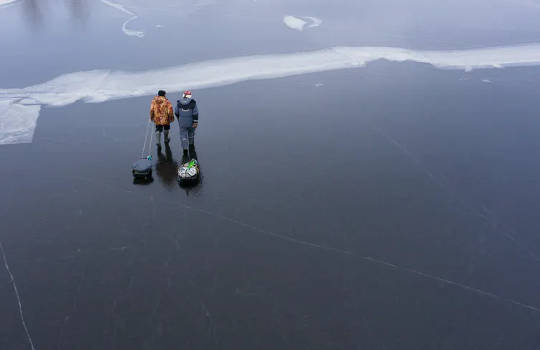
Every winter, the ice that forms on lakes, rivers and oceans, supports communities and culture. It provides transportation across winter roads, hunting and fishing, and recreational activities, such as lake ice festivals, skating, hockey and ice fishing.
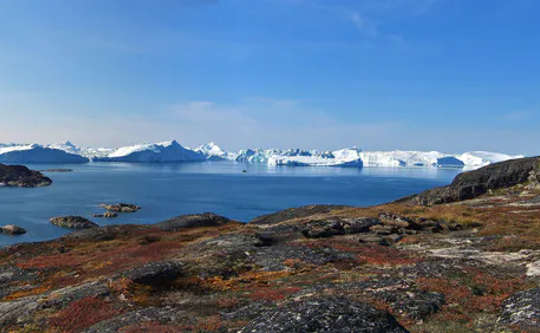
Greenland is the largest island in the world and on it rests the largest ice mass in the Northern Hemisphere. If all that ice melted, the sea would rise by more than 7 metres.
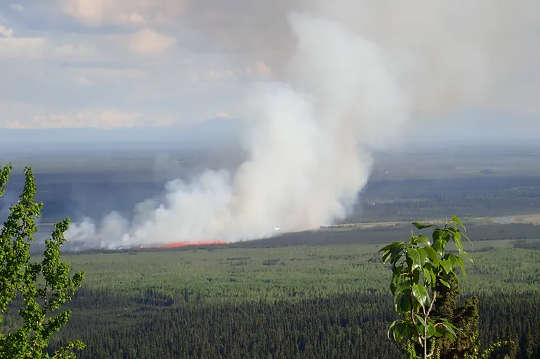
The Arctic Circle became unbelievably hot on June 20, 2020. In the Russian community of Verkhoyansk, temperatures topped 38C (over 100F), marking what may be the highest air temperature ever recorded within the Arctic.
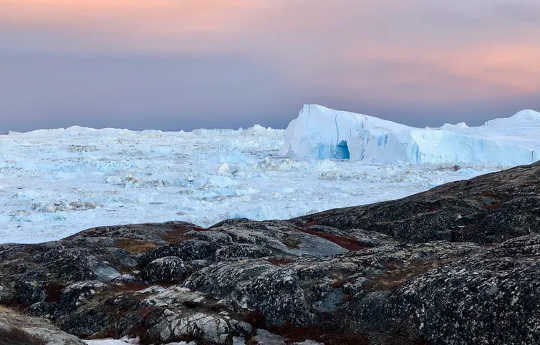
Greenland is the largest island on Earth, and about 80% of it is covered by a giant sheet of ice. Slowly flowing glaciers connect this massive frozen reservoir of fresh water to the ocean, but because of climate change, these glaciers are rapidly retreating.
- By Sharon Coen
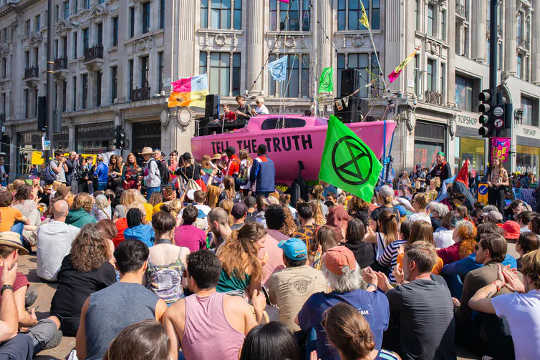
For years, scientists have been stressing the need to act quickly and effectively on climate change. And as part of my work as a media psychology academic, I’ve seen the way media outlets along with readers have discussed climate change over the past decade.
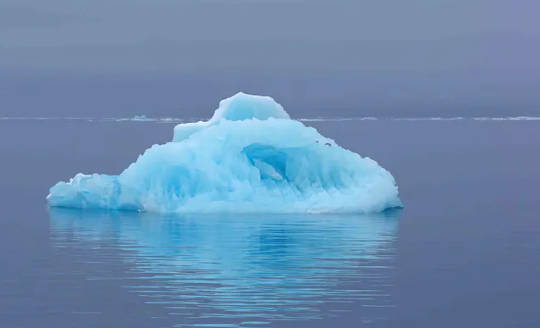
Every year, sea ice cover in the Arctic Ocean shrinks to a low point in mid-September. This year it measures just 1.44 million square miles (3.74 million square kilometers) – the second-lowest value in the 42 years since satellites began taking measurements.
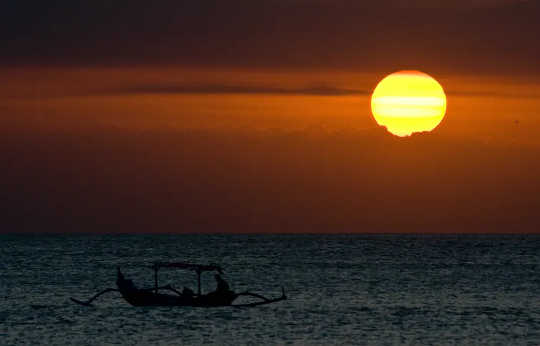
What is the impact of temperature increases in the tropics? How likely is it that regions along the Equator will be uninhabitable due to high wet bulb temperatures such as 35? and more in places like Singapore? Do we have models that suggest how likely this is and at what time frames?
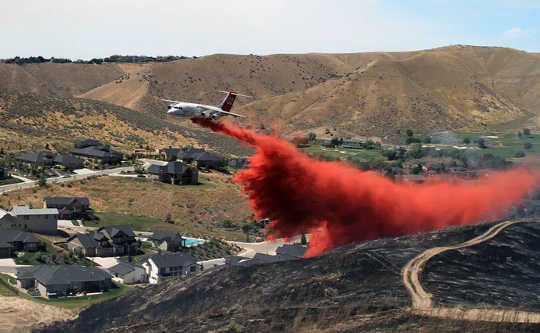
Summer and fall are wildfire season across the western U.S. In recent years, wildfires have destroyed thousands of homes, forced hundreds of thousands of people to evacuate and exposed tens of millions to harmful smoke.
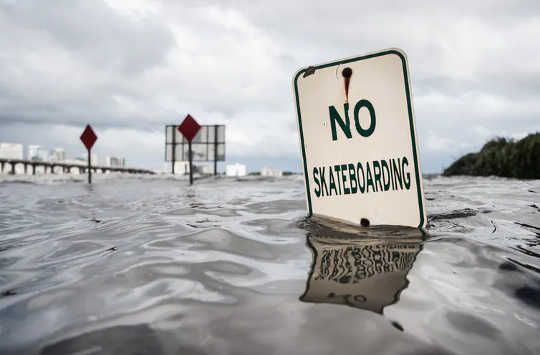
As Hurricane Sally headed for the northern Gulf Coast on Tuesday, September 15, 2020, forecasters warned of a potentially life-threatening storm surge, with water levels that could rise as high as 7 feet in some areas.
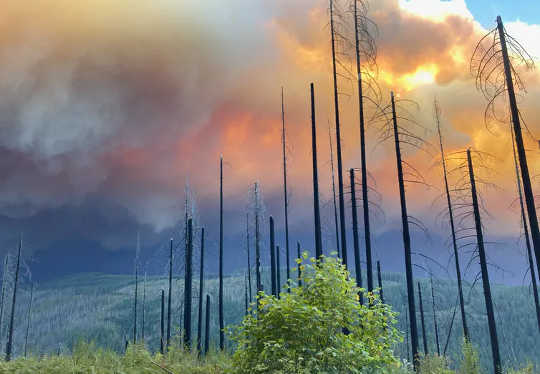
What is driving the wildfires that are ravaging California, Oregon and Washington? President Trump and state officials have offered sharply different views.
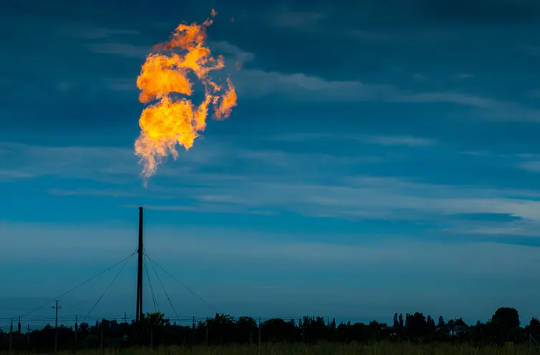
Methane is a shorter-lived greenhouse gas - why do we average it out over 100 years? By doing so, do we risk emitting so much in the upcoming decades that we reach climate tipping points?
- By Seth Klein
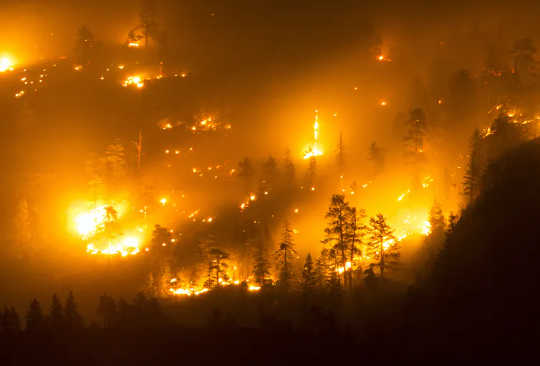
Our approach to climate change for the past 30 years is simply not working. Greenhouse gas emissions in Canada in the year 2018 (the last year for which we have statistics) were almost exactly where they were in the year 2000.
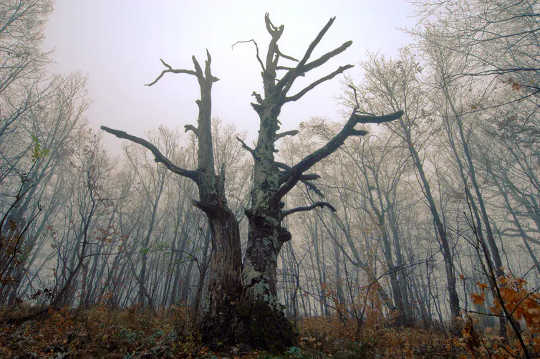
As the world warms and the atmosphere becomes increasingly fertilised with carbon dioxide, trees are growing ever faster.
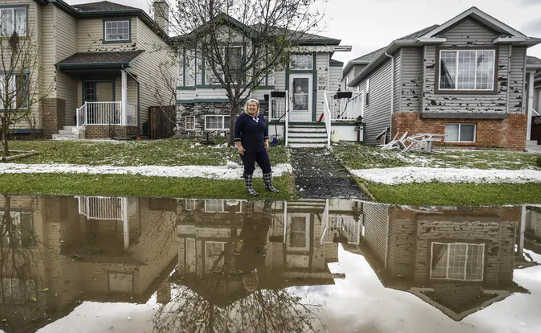
Extreme weather and climate events causing extensive damage are a fact of the Canadian climate, and this year is no exception.
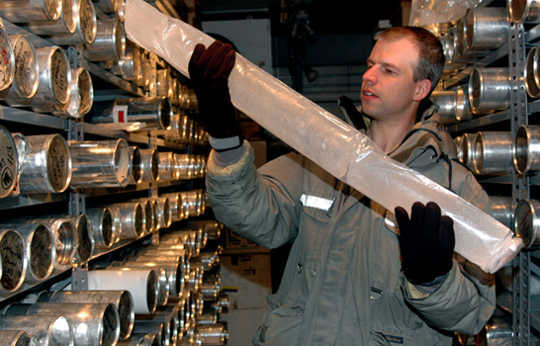
Ice cores are columns of ice drilled through glaciers that are highly versatile and detailed recorders of Earth’s climate and environment that cover hundreds to many thousands of years.
- By Shawna Foo
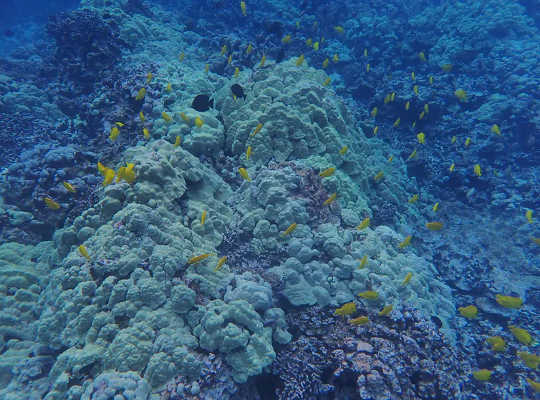
Anyone who’s tending a garden right now knows what extreme heat can do to plants. Heat is also a concern for an important form of underwater gardening: growing corals and “outplanting,” or transplanting them to restore damaged reefs.
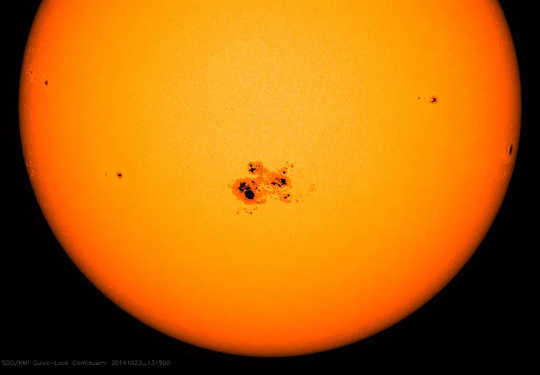
Are we headed for a period with lower Solar activity, i.e. sunspots? How long will it last? What happens to our world when global warming and the end of this period converge?
- By Lizzie Jones
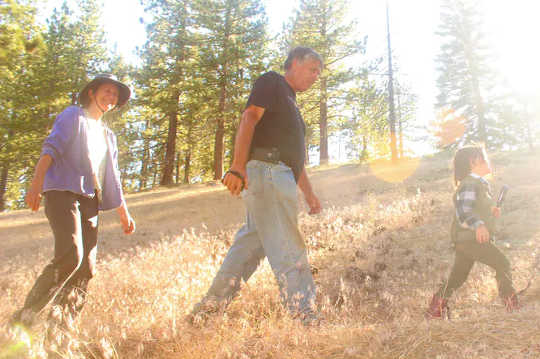
How often do you strike up a conversation with an older relative about the past? You might switch off when someone begins a sentence with “back in my day…”,
- By Marc Hudson
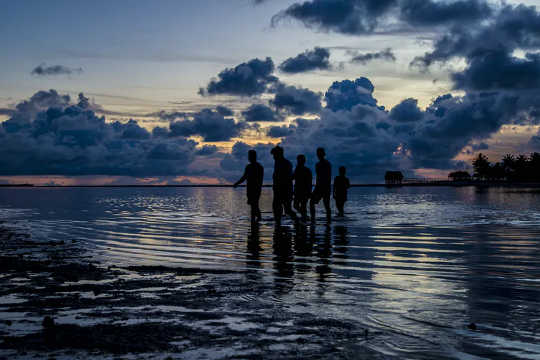
Thirty years ago, in a small Swedish city called Sundsvall, the Intergovernmental Panel on Climate Change (IPCC) released its first major report.
- By Chris Slocum
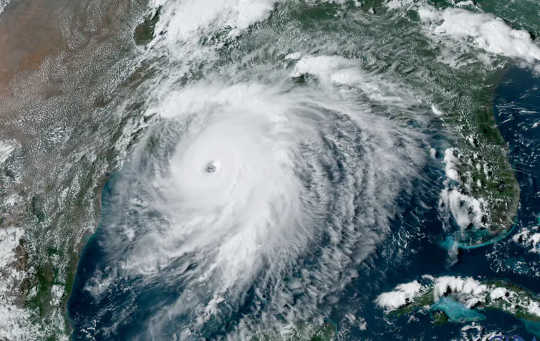
Hurricane Laura blew up quickly as it headed for the Louisiana coast, intensifying from a tropical storm to a major hurricane in less than 24 hours.
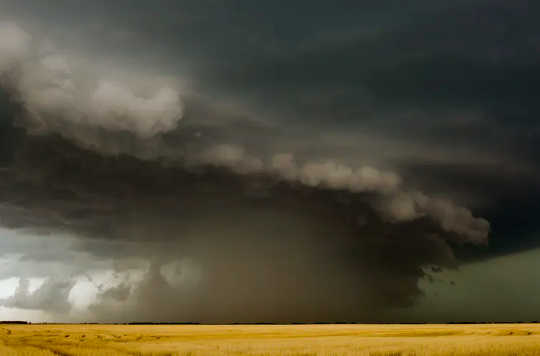
Thunderstorms are common across North America, especially in warm weather months. About 10% of them become severe, meaning they produce hail 1 inch or greater in diameter, winds gusting in excess of 50 knots (57.5 miles per hour), or a tornado.
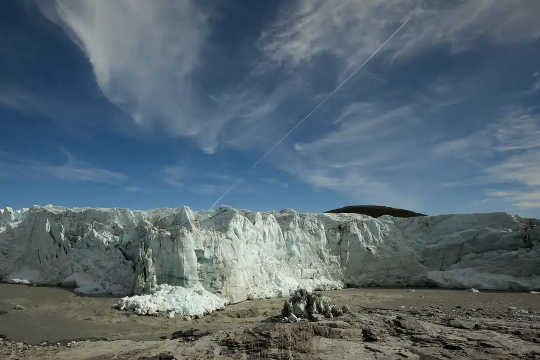
Massive ice-sheets covered northern Europe and northern Asia, and about half of North America, and global sea-levels were as much as 130 meters lower than today.
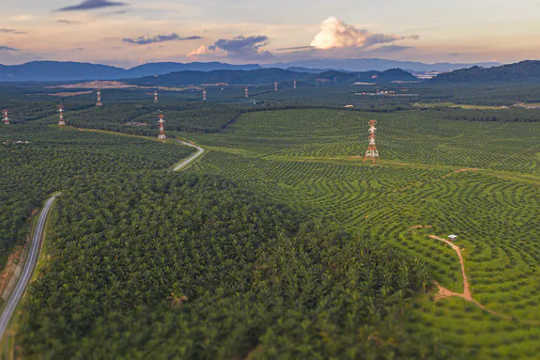
As the global population has doubled to 7.8 billion in about 50 years, industrial agriculture has increased the output from fields and farms to feed humanity.

















